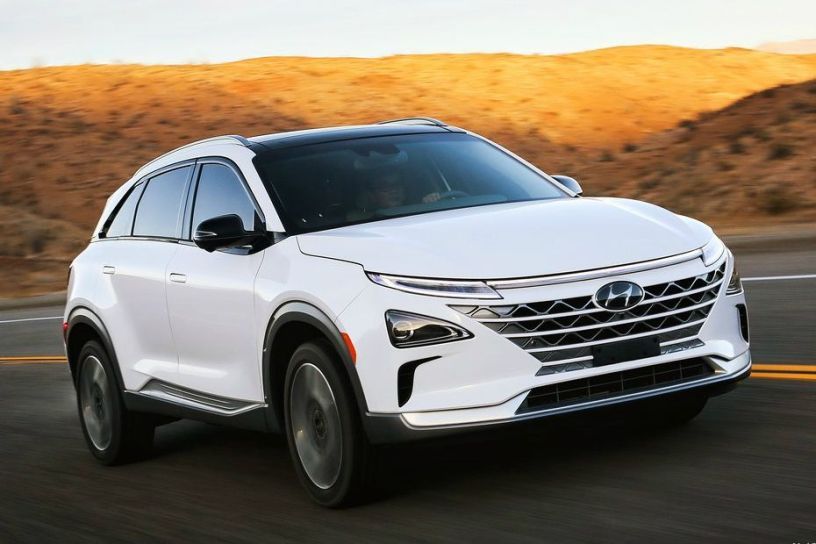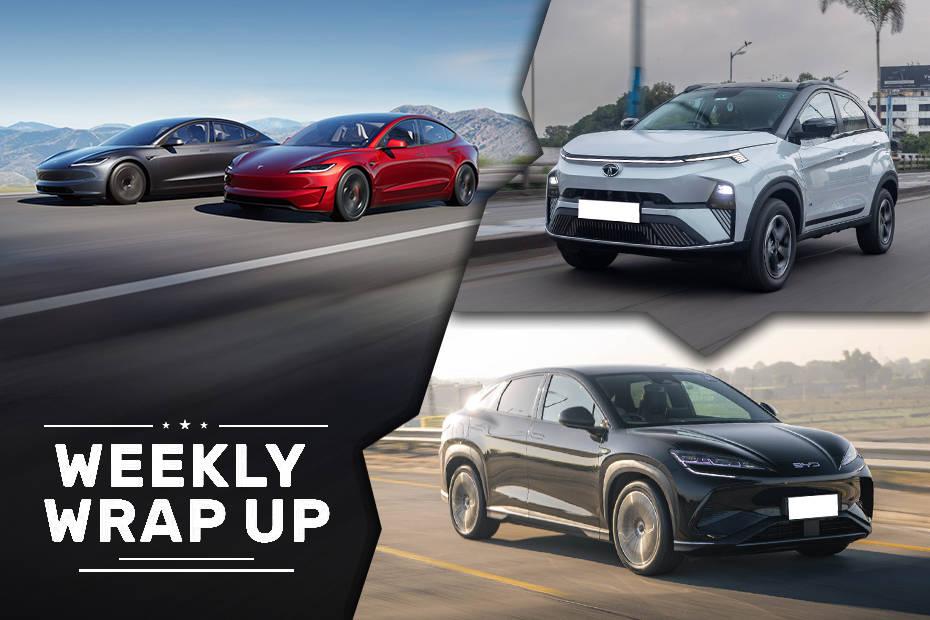Hyundai And Audi Join Hands To Develop Hydrogen Fuel Cell Technology
Published On Jun 21, 2018 02:53 PM By Dinesh
- Write a comment
Through this, both carmaker plan to bring fuel cell production into the mainstream quickly and efficiently

Hyundai and Audi have come together to fast track the development of fuel cell technologies. Under the latest agreement, both carmaker plan to cross-licence patents and grant access to non-competitive components to reduce the cost of fuel cell electric vehicles (FCEVs), which are seen as a more promising alternative to battery operated electric vehicles. However, the agreement is yet to get an approval from the regulatory authorities. Both carmaker’s have also confirmed that they are also exploring more far-reaching collaborations for the development of the fuel cell technology in the future.
Audi has stated that it plans to launch an FCEV by 2020. More information about the brand’s first production FCEV has not revealed yet, except for the fact it will be a small series production SUV. Developing an FCEV is not something Audi is doing for the very first time. In fact, it has been working on fuel cell concepts for almost two decades. The first test vehicle was the compact Audi A2H2 in 2004, followed by the Audi Q5 HFC in 2008 and the Audi A7 Sportback h-tron quattro in 2014. Audi also showcased the h-tron quattro concept study in 2016. None of these concepts have ever made into production. Audi is responsible for the development of fuel cell technology within the Volkswagen Group.

Hyundai, on the other hand, already has two FCEVs in the international market. The ix35 SUV, which was launched back in 2013, and Nexo, the recently launched flagship FCEV. Hyundai showcased the Nexo in India at the India-Korea Business Summit in New Delhi, but it doesn’t mean that the SUV will be coming our way anytime soon. Instead, the South Korean carmaker plans to bring the Kona EV here in 2019. Related: Hyundai’s New Flagship FCEV Announced At CES 2018
Is an FCEV a better alternative to conventional electric vehicles?
Range anxiety and long charging times are two of the biggest shortcomings of battery operated electric vehicles. Fuel cell electric vehicles offer a solution to just that. An FCEV does not only have long range, but since it uses hydrogen to generate electricity, it doesn’t have the long charging times associated with conventional EVs. Instead, they can be refilled at a hydrogen filling station in a matter of five minutes. The reason why these vehicles aren’t popular is because of lack of adequate hydrogen filling stations across the world. Other issues include transportation of the gas and storage complexity. Moreover, since even PHEVs run on electricity, it makes sense to charge batteries directly through a wall socket.
Also Read: Audi’s First Electric Vehicle In India Could Be Priced Under Rs 1.5 Crore















